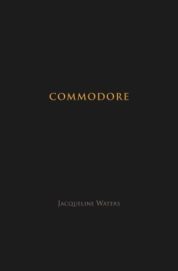 Jacqueline Waters
Jacqueline Waters
Ugly Duckling Presse ($15)
by Greg Bem
A mesmerizing book of poetry, Jacqueline Waters’s Commodore often reads like a journal, a daybook, a record of activity. It is a demonstration of the difficulties of consistency in a world where we take balance and stability in our daily lives for granted. Commodore is also a powerful push towards the confessional tone of the 21st century, one that offers readers a new way of looking at the deeply personal and the persistence of the individual.
Waters’s poems carry a wide range of appearances, which often hinders the expectant reader from gaining a foothold in the work, but this disorientation wears off over time. In some of the most earnest moments, the poems find their enjambed lines simulating prose, and every so often, line breaks are far from present. (“You have often walked into large mirrors because you don’t recognize your reflection and truly believe this other person will move out of ‘your’ way,” she writes in “I’m Entitled to My Opinion.”) But Waters subtly utilizes the line breaks for the sake of dramatic impact, demonstrating a keen eye for the line and ear for the sound, as in “The Actor”:
They broke it off
and gave it to me I
ground it to a powder
I mixed with water
in an old hated pailThus I gave them escape
Beyond their visual surfaces, the substance of the poems is of great value and weight: it comes from Waters herself primarily, and pulls in the lives and offerings of the people and the world around her. Commodore as a title reflects structure and leadership, and often the poems find their voices speaking of will, confidence, and reflection on conflict. This style of response and reflection follows in the footsteps of many poets that have come before her, but Waters maintains an integrity of her own. The poems feel authentic, which ignites the energy beneath them.
While the poems’ sprawl in content and form gives Commodore a slow start, this quality is also what charges the book’s core with so much purpose. The grave and often empathetically arousing moments in these poems thus bear a form of irony. Appearing to lack connection to a greater whole, the poems suddenly open when paired with the enduring, persistent engagement just pages further in the book. The funnel of comments and ideas reverberate and echo in conjunction with the book’s growing context. As such, Commodore is a fantastic example of a book that develops its moral perspective, a growth Waters hints at in “The Holdings”:
A believer wants advice, instruction
not aids
to reflection
not a shut lake flowing back
from the pornographic border
In the end, Waters’s poems lead to well-being. There is process, resilience, catharsis—and best of all, there is a sense of love for self and acceptance of the world. In our current state of cultural anxiety, we certainly need the explorations developed in Commodore.


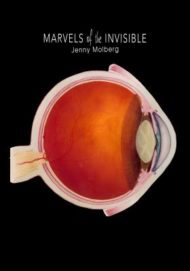
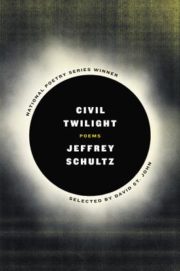
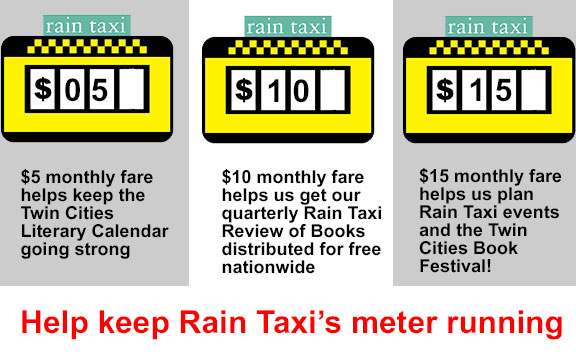

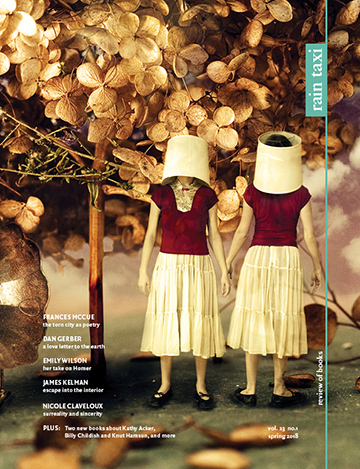
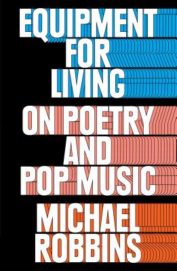
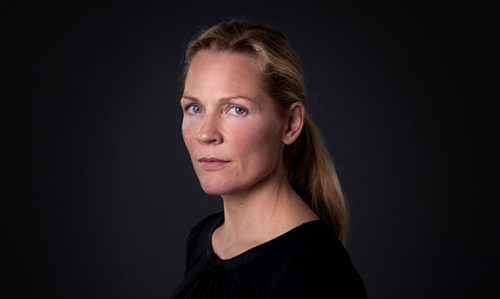

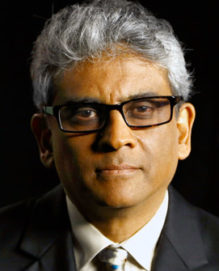 At this special event, Åsne Seierstad will be in conversation about her book with Fred de Sam Lazaro, executive director of the Under-Told Stories Project at the University of St. Thomas and a correspondent for PBS NewsHour. Fred has reported from 68 countries, focused primarily on issues related to poverty that are under-reported in mainstream U.S. media. Learn more about the Under-Told Stories Project
At this special event, Åsne Seierstad will be in conversation about her book with Fred de Sam Lazaro, executive director of the Under-Told Stories Project at the University of St. Thomas and a correspondent for PBS NewsHour. Fred has reported from 68 countries, focused primarily on issues related to poverty that are under-reported in mainstream U.S. media. Learn more about the Under-Told Stories Project 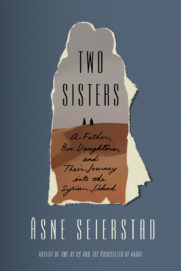 Employing the same mastery of narrative suspense she brought to The Bookseller of Kabul and One of Us, Seierstad puts the problem of radicalization into painfully human terms, using instant messages and other primary sources to reconstruct a family’s crisis from the inside. Eventually, she takes us into the hellscape of the Syrian civil war, as Sadiq risks his life in pursuit of his daughters, refusing to let them disappear into the maelstrom—even after they marry ISIS fighters. Two Sisters is a relentless thriller and a feat of reporting with profound lessons about belief, extremism, and the meaning of devotion.
Employing the same mastery of narrative suspense she brought to The Bookseller of Kabul and One of Us, Seierstad puts the problem of radicalization into painfully human terms, using instant messages and other primary sources to reconstruct a family’s crisis from the inside. Eventually, she takes us into the hellscape of the Syrian civil war, as Sadiq risks his life in pursuit of his daughters, refusing to let them disappear into the maelstrom—even after they marry ISIS fighters. Two Sisters is a relentless thriller and a feat of reporting with profound lessons about belief, extremism, and the meaning of devotion.